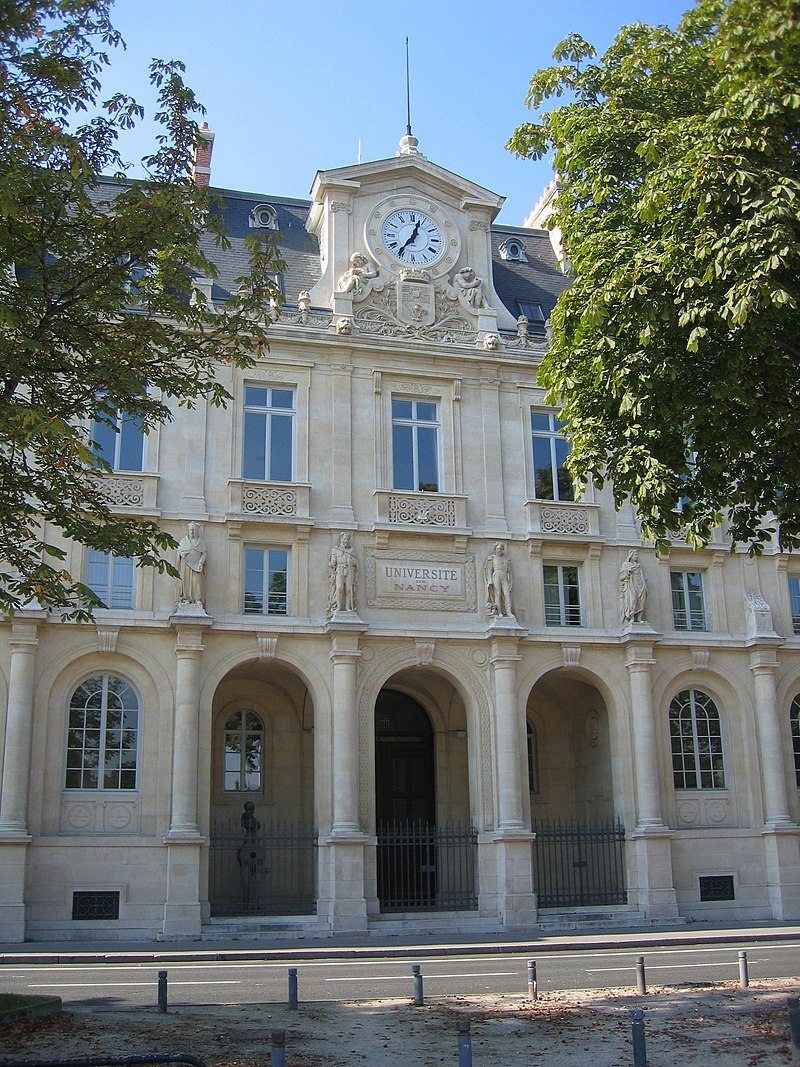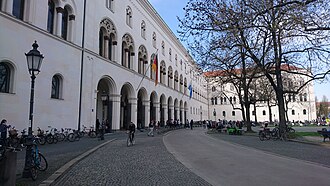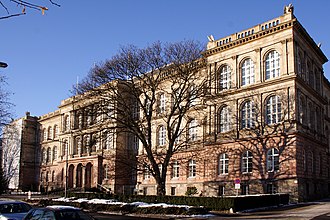PHD TITLE
Investigation of the molecular mechanisms underlying heavy metal tolerance in mycorrhizal and endophytic fungi / Étude des mécanismes moléculaires impliqués dans la tolérance aux métaux lourds chez les champignons mycorhiziens et endophytes
JOB PROFILE/TYPE
Contract: PhD position (36 months) starting on October 2024
Employer: Université de Lorraine
Doctoral School: SIRENA
KEYWORDS
Mycorrhizal fungi, dark septate endophytes, heavy metals, metal tolerance, synthetic biology, functional characterization, molecular biology, physiology, cell biology.
JOB LOCATION
Institution: Université de Lorraine (France):
Campus: Faculté des Sciences et Technologies, 54506 Vandoeuvre-lès-Nancy
Research unit: LIEC (Laboratoire Interdisciplinaire des Environnements Continentaux)
Research team: EMMA (Microbial Ecology of Contaminated Environments)
Nancy is 1h30 from Paris by train, 1h from Luxemburg by car, 1h20 from the Vosges mountains by car
SUPERVISORS
Damien Blaudez & Thierry Béguiristain
JOB DESCRIPTION
This PhD position is funded by the Ministère de l’Enseignement Supérieur et de la Recherche.
Description of the position:
Mycorrhizal and endophytic fungi are beneficial fungi that have significant roles in plant growth and tolerance to various abiotic stresses, including metal contamination. Phytoremediation-assisted by these fungi has been successfully developed. Notably, we have shown that inoculation of large-scale field trials of poplar with mycorrhizal fungi allowed to increase tree growth and to decrease metal contents in the shoots (leaves, wood). This achievement can be enhanced through the use of better performing fungal symbionts. Indeed, fungal strains that tolerate higher levels of metal contamination, bind/store higher amounts of metals, and therefore limit more drastically the transfer of metals from soil to shoots. However, to achieve this goal on the mid- to long-term, we need first to better understand the mechanisms governing these traits (tolerance, accumulation, biofiltering effect). Several fungal metal transporters (CDF, ABC, …) are known to play a role in metal tolerance but their substrate specificity and subcellular localization have been poorly investigated in mutualistic fungi. Similarly, metal specificity of metallothioneins, small proteins chelating metals, is still poorly known in these organisms.
In this project a functional genomics approach and omics analyses will be employed to better understand the gene function relationship of several gene families involved in metal tolerance. The PhD student will perform (i) phylogenomics analyses, (ii) develop a synthetic biology approach to express selected genes in the yeast model Saccharomyces cerevisiae in order to functionally characterize the encoded proteins and verify their metal-specific function, together with identifying their subcellular localization, and (iii) investigate the transcriptomic/proteomic response of a subset of model fungal species to metal stress.
The broader impacts of this study include indispensable knowledge of the genetic basis of metal tolerance handling in these beneficial fungi for phytoremediation of metal- contaminated sites and for improving associated production of clean biomass from plants inoculated by highly tolerant fungal symbionts.
QUALIFICATIONS/SKILLS/EDUCATION & RESEARCH REQUIREMENTS/DUTIES
The candidates should have a background (master) in plant biology or microbiology or molecular physiology/biology.
Preferred skills (but not compulsory):
- Knowledge in fungal biology, plant-fungus interactions, experiments with model organisms, investigation of abiotic stress responses.
- Good level in statistics, notions in bioinformatics
- Good level in English
- Ability to communicate and work in a team
- Willingness to diffuse science at specialized events (conferences) and to the broad public
APPLICATION DEADLINE
April 24th, 2024.
Do not hesitate to contact the supervisors for more details about the position.
REQUESTED DOCUMENTS OF APPLICATION AND CONTACT TO APPLY
Please provide in a single PDF file: a detailed curriculum vitae, results (transcripts) of the
bachelor and master (M1, M2), at least two references, and a motivation letter.
The application should be sent to damien.blaudez@univ-lorraine.fr and
thierry.beguiristain@univ-lorraine.fr
*Following is the full advertisement image provided.






